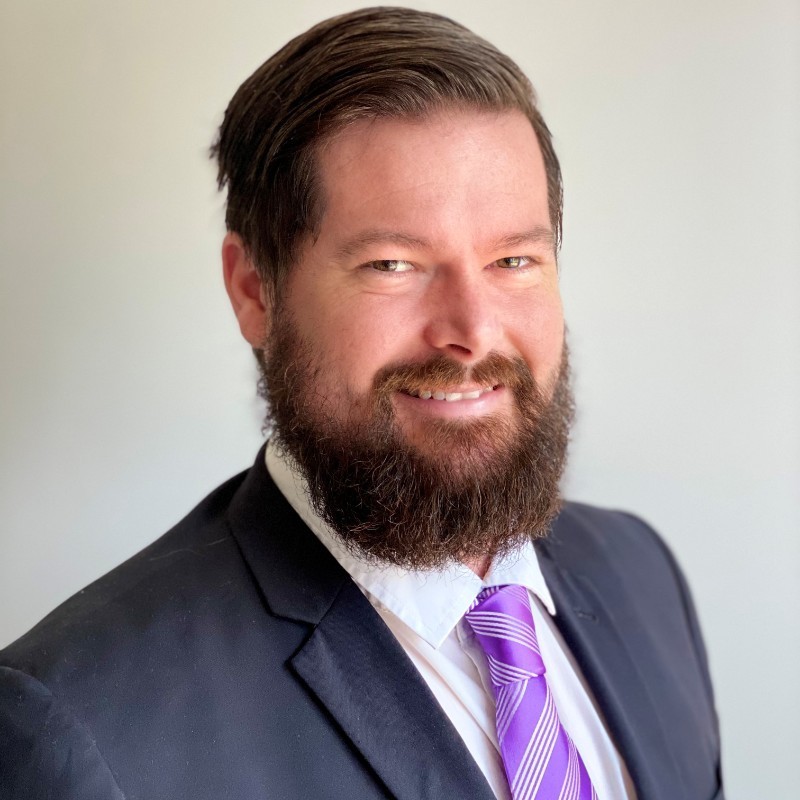Meet the ISG - Levi Anderson-Crewther
Levi Anderson-Crewther is one of the TTM supplier representatives on the Industry Steering Group. Outside his work with the ISG, he is the General Manager of T8 Group Ltd.
Tell us a little bit about yourself and your background:
I studied Information Technology at AUT, before deciding to become a Police Officer. Having been through the pre-qual process I was waiting for a Police College intake when I was offered a manager position at the supermarket I was working at. I went through the excellent Foodstuffs Management Development program and after around 5 years, decided on a change.
My civil career started in drainlaying at Vuksich & Borich, then moved on to Wharehine Contractors in Wellsford. I wanted to complete my drainlayers apprenticeship, but they didn’t have any spaces left for that year, so I asked what I could do instead and the answer was Traffic Control.
I progressed from being a TC/Labourer right up to STMS 2/3 P. I was then offered the Operations Manager role at Traffic Safe NZ in Silverdale, before moving with my family to Whangarei where I joined T8 Traffic Control as the Whangarei branch manager, a role I held for 6 years.
I then joined Fulton Hogan as the NOC Traffic Manager, where my primary duty was the development and implementation of the first NZGTTM NOC Pilot program, where we were the first NOC in the country to fully adopt.
T8 then made me an offer I couldn’t refuse to return and run the entire business as General Manager, which is where I am today.
How / why did you get involved with the TTM-ISG?
I was loosely involved back during the creation of the ISG as part of the TM Suppliers sub-group, and I volunteered to join the committee as a TTM supplier representative, taking over from Karl Hitchcock who has stepped back to a delegate role after two years.
Where do you see the ISG adding the most value over the next 12-18 months?
I see the ISG adding the most value over the next 12–18 months by helping drive the industry’s transition to a risk-based approach under NZGTTM by providing a platform to share learnings from across the country. With strong communication and good practice sharing, ISG is positioned to lift the overall standard of TTM delivery and strengthen collaboration between contractors, RCAs, and clients.
What do you think is the biggest challenge for the TTM sector at present?
The biggest challenge for the industry at the moment is the fear of the unknown. Because we have been used to the rulebook for so long, it’s a hard change to make and I think the industry in general is worried about making the wrong decision. In my opinion, the risk based approach is as simple as “health and safety with road cones”.
Approaching it the same way we do to other health and safety issues will really help the transition. Once we have some guidance around “best practice” I think the tension will start to ease, and I'm hoping I can provide some value with the ISG in helping get this out to the sector.
If you could clear up one misconception or let people know one thing that you don’t think is widely understood about TTM and the shift to a more risk-based approach, what would it be?
The biggest misconception I think is the political football of the “war on road cones” and how the industry has been ripping off the country and the risk-based approach is going to fix all that. In my experience, contractors are very quick to point out over resource. If we look at this transition as purely a big cost saving exercise then we have already failed, safety trumps cost.


